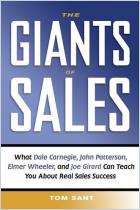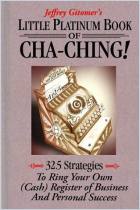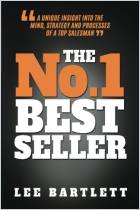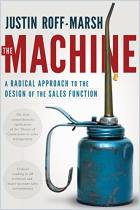
Birth of a Salesman
The Transformation of Selling in America
Read or listen offline
Amazon KindleRecommendation
The salesman is “out there in the blue, riding on a smile and a shoeshine,” explained Willy Loman in Arthur Miller’s classic drama Death of a Salesman. From its earliest days, America has been a nation of exuberant sales reps, optimists like Loman, who explains, “A salesman is got to dream, boy. It comes with the territory.” In the novel, A Bad Man, author Stanley Elkin deconstructs the word salesman: “sales is man.” This resonates in the U.S., where the ability to sell represents the acme of commercial achievement. America’s tradition of evangelical salesmanship has indelibly colored the country’s soul and helped create its rosy self-perception. getAbstract suggests that if you really want to understand America’s commercial nature, you should read this enlightening book about the history of sales in the U.S. (For much of its length, the book covers the history of salesmen; women did not really enter the field until the second half of the 20th century.) Backed with comprehensive research, Walter A. Friedman paints a well-crafted portrait of a remarkable field carved out by these iconic, irascible, irrepressible individuals, one deal at a time.
Summary
About the Author
Walter A. Friedman, a Business History Review co-editor and a Harvard Business School Research Fellow, specializes in the business, economics and the history of labor.
















Comment on this summary or Diskussion beginnen